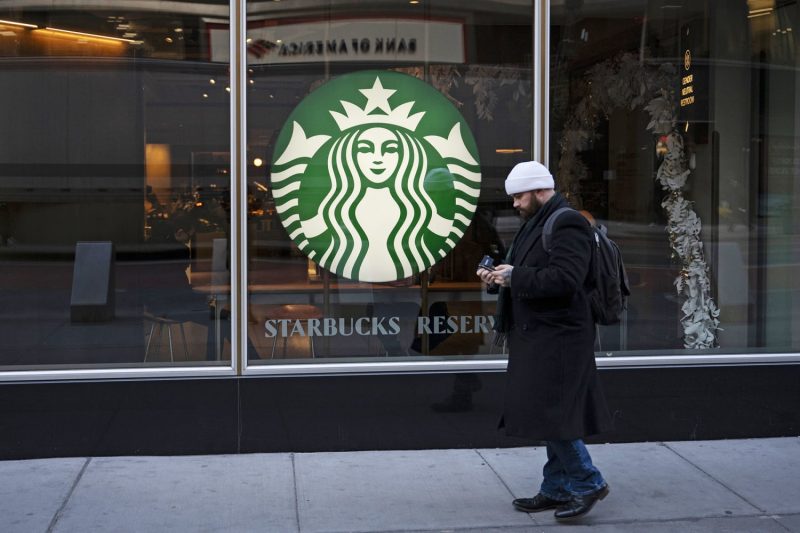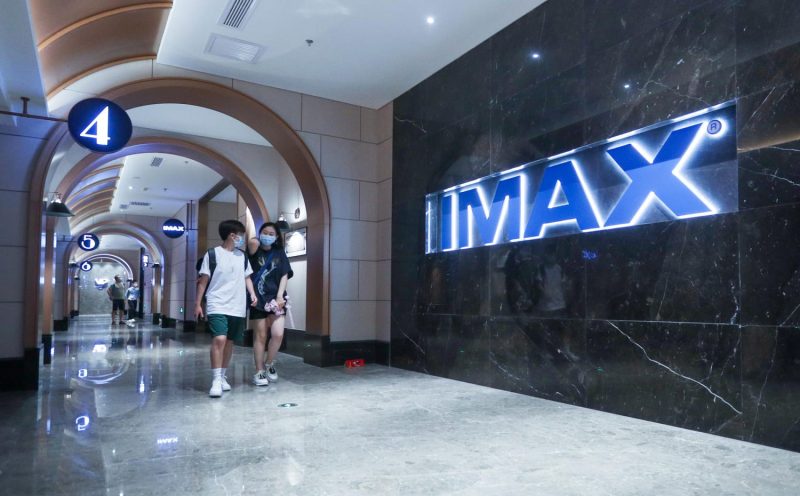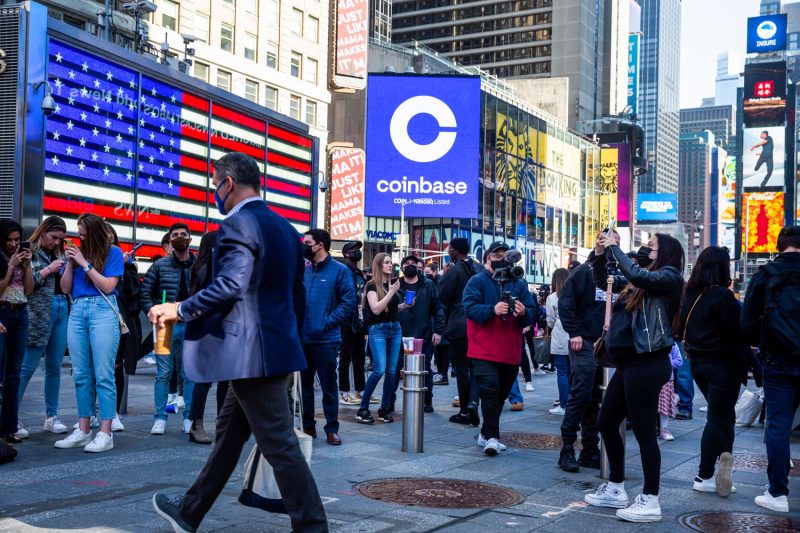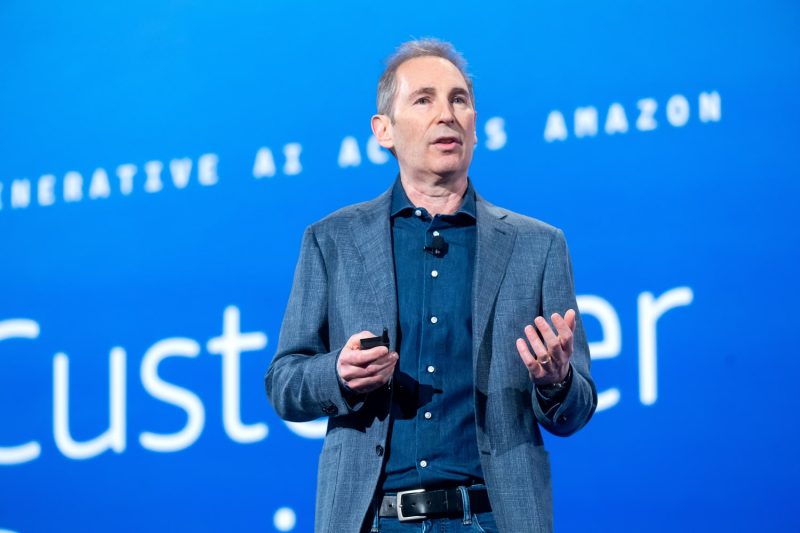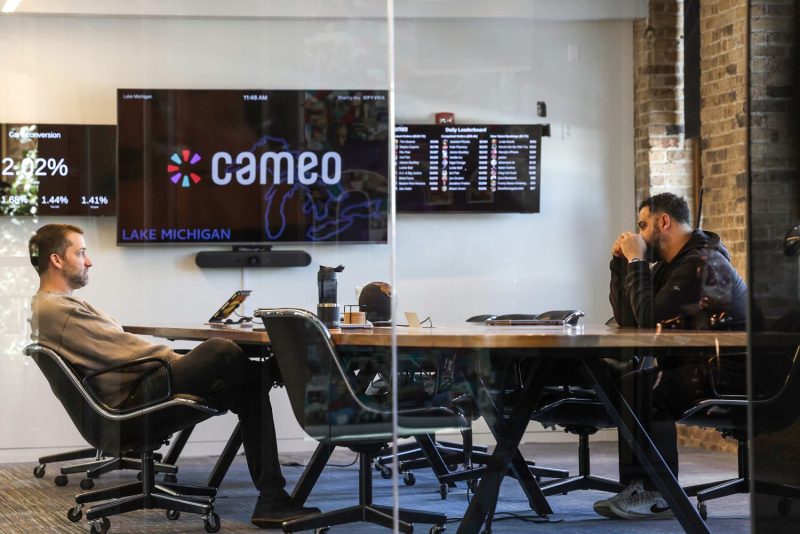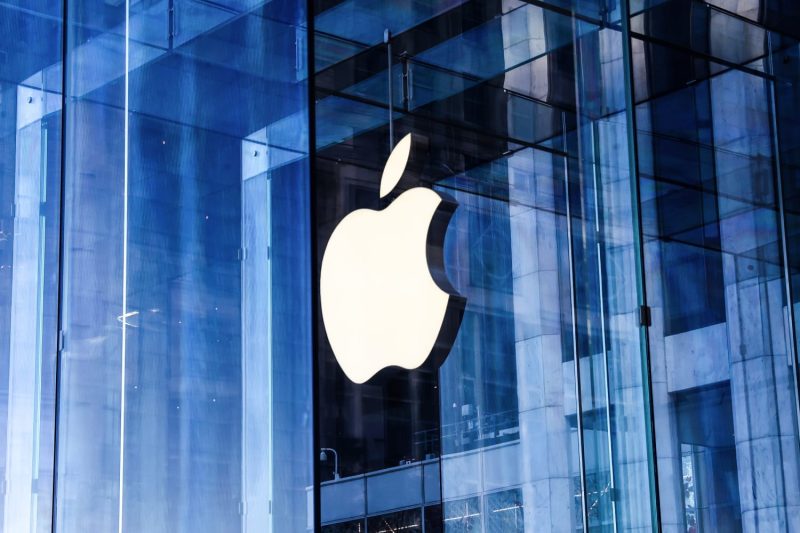
Apple on Monday reaffirmed a commitment to invest hundreds of billions of dollars in the U.S. over the coming years amid pressure from President Donald Trump and the growing threat of his tariffs
The tech giant said it planned to spend $500 billion over the next five years in the United States, with intentions to hire 20,000 new workers and produce AI servers.
The plans include a server factory in Houston slated to open in 2026 and a manufacturing academy in Detroit. The company also said data centers in Arizona, California, Iowa, Nevada, North Carolina, Oregon and Washington would see expansions from the investment plans.
Monday’s move is Apple’s latest splashy announcement about investing in the United States, making it an acceleration of existing plans.
The company announced in 2021 that it was planning to invest $430 billion domestically over the next five years. In 2018, during Trump’s first term, Apple said it would make a $350 billion ‘contribution’ to the American economy over a stretch of five years, including the creation of 20,000 jobs.
Apple also confirmed Monday that an Arizona-based Taiwan Semiconductor Manufacturing Co. facility, which began development under the Biden administration, had started producing chips for it there — news that media had previously reported.
Trump sought to take credit for the latest announcement — and seemed to tip it last week shortly after meeting with Apple CEO Tim Cook and implied the trade duties he has threatened on a host of imports played a role.
“They don’t want to be in the tariffs,” Trump said last week, adding that Cook had halted plans to build two facilities in Mexico, an assertion Apple has not confirmed.
In a Truth Social post Monday, Trump cited ‘faith in what we are doing’ as the reason for Apple’s announcement.
In a note to investors, analysts at UBS cast some doubt about whether Apple can actually deploy $500 billion in the U.S. in the time frame it laid out, citing the company’s overwhelming reliance on suppliers outside the U.S. and the fact that it has historically lagged other large tech firms in making large capital expenditures.
‘While the headline figure on the surface is a large number, we believe it lacks substance at this juncture based on history,” the analysts wrote.
Apple’s playbook for avoiding tariffs appears to track closely with its strategy during the first Trump administration, when it allowed the president to take credit for a plant that had been making Mac computers in Texas for at least three years before he took office. Like other products Apple makes in the United States or says it intends to, the Mac made in Texas is not one of its mainstream models. Apple’s key revenue-generating products like the iPhone are all still manufactured outside of the country.
Apple and Cook have also gone a step further in Trump’s second term, both donating to Trump’s inauguration fund. Cook attended Trump’s swearing-in ceremony on Capitol Hill.
Apple said the new jobs it plans to hire for will be primarily related to research and development, engineering and AI. It also said it plans to expand investment in an existing advanced manufacturing fund.
“We are bullish on the future of American innovation, and we’re proud to build on our long-standing U.S. investments with this $500 billion commitment to our country’s future,” Cook said in a statement. “And we’ll keep working with people and companies across this country to help write an extraordinary new chapter in the history of American innovation.”
Apple shares were little changed in early Monday trading.



